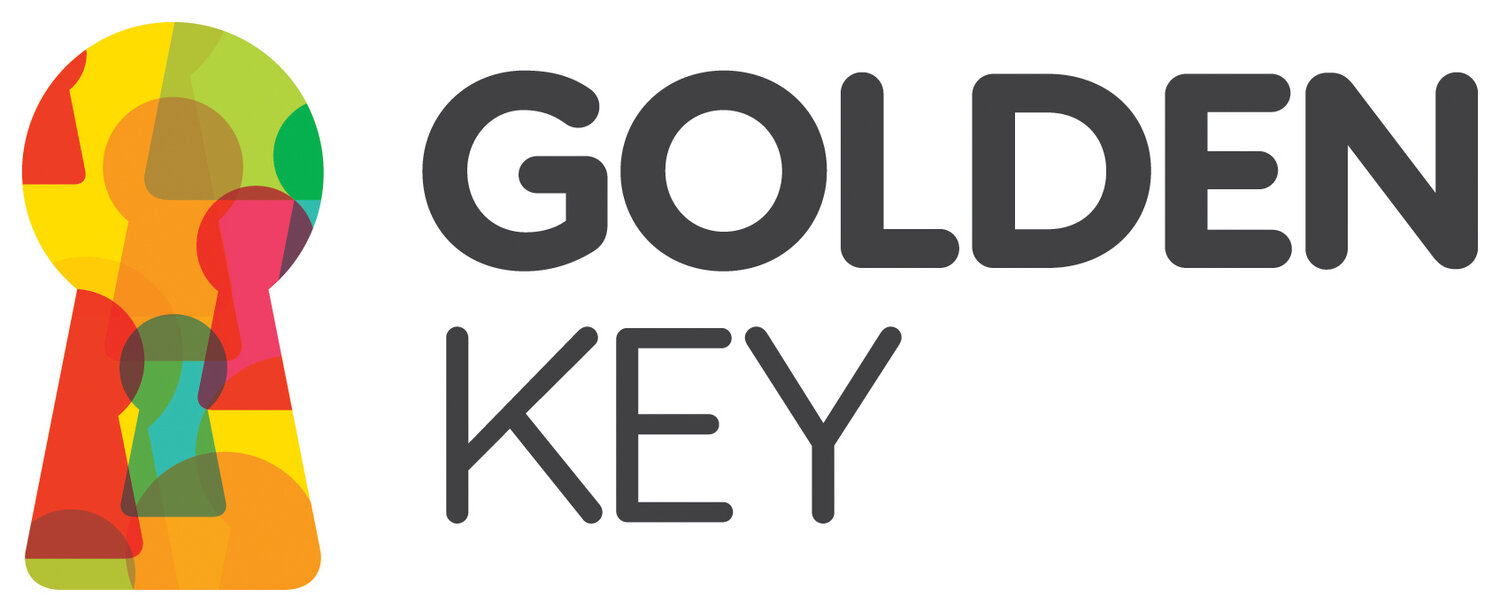Learning from Covid-19 and our manifesto for people with complex needs
During the Covid-19 pandemic, the Golden Key Partnership has been collating and considering learning about the impact on people with complex needs, both good and bad.
This resulted in the publication of a manifesto which we believe, if implemented, will result in improved services and wellbeing for our client group. The manifesto includes recommendations on coproduction, system flex, shared focus, partnership working and staff wellbeing.
On November 12 we introduced our manifesto in the first in a series of leadership webinars.
Our Learning from Covid-19: A Manifesto for People with Complex Needs webinar was co-hosted by John Simpson, the independent chair of the Golden Key partnership board, Maggie Telfer, CEO of Bristol Drugs Project (BDP) and Anna Smith, CEO of One25.
Here’s an overview of what was discussed.
Partnership Working
In times of crisis, partnership working might slip down the priority list, however we understand from Covid-19 that partnership working during this time is more important than ever.
Anna from One25 found that: “We had to work in partnership with other organisations and a have a good level of trust already. We couldn’t have done the work we did during the first lockdown without our existing relationships. And BDP, Golden Key and others work together to identify gaps in services, and look at a city wide picture.”
System Flex
Perhaps unsurprisingly, the Golden Key partners concluded that we can do things quicker and easier with fewer barriers, and that we should therefore aim to remove administrative barriers to accessing services and resources.
We have also come to understand that a client’s ability to access services may be influenced by factors outside of their control. For example, the swift move to digital left behind those vulnerable people without access to a smart phone or the internet, or a safe place to speak to their support workers.
At the Bristol Drugs Project, on the 23rd of March, the project was supporting 2,003 adults and 220 children and young people. There was a massive reduction in footfall around their central Bristol location as lockdown hit, and their normal route to OST (opioid substitution therapy) services with GPs were badly affected. So BDP had to both deliver new services and deliver existing services in new ways. Outreach expanded massively, especially for the most vulnerable.
For One 25, the challenges were also multiple and required system flex and innovative new ways of working. These included food drops to women, as well as essential items like sanitary towels, washing powder and toilet roll. The project also organised one-to-one telephone calls, zoom groups for yoga for those who could access technology, and as lockdown eased, they started socially distanced walks and drop-ins and convened group work again.
Shared Focus
Covid-19 focused everyone on one strong moral purpose and we achieved more, committing resources and creating urgency to a small number of shared priorities. Right at the start of lockdown, the Mayor of Bristol convened an emergency response group between various organisations, which resulted in strengthened partnerships.
For One25, this response group resulted in additional funding to help clients who did not have phones or access to the internet, a discussion around the likely increase in violence towards women and where those women should go and a relaxing of the barriers that people needed to jump through to get housed.
Staff wellbeing
Covid19 has shown us the importance of staff wellbeing, and that trauma can impact anyone at any time. In response to this Golden Key has committed to ensuring all of our staff have the time and ability to access skilled supervision and reflective practice.
One of the biggest takeaways that BDP took from the first lockdown was the effect on staff. CEO Maggie Telfer described it as a “rollercoaster, and that long term, most people are anxious some of the time.” So BDP has focused on listening, supporting individuals and containing anxiety.
And Anna from One25 revealed that it has been an incredibly difficult experience for staff, and difficult to lead, as staff had a huge spectrum of responses to lockdown – from sleepless nights to coping with home schooling. Homeworkers found it hard to return to work, and the pandemic revealed a range of staff vulnerabilities both emotional and physical. One25 has introduced a variety of initiatives to help staff including all managers meetings, mental health champions and surveys of staff.
Golden Key’s chairman John Simpson finished the webinar by saying that “The situation we found ourselves in was profound for both service users and staff. The impressiveness of the response from partner organisations, and the depth of learning and reflection that has happened, means we should all be proud of how we’ve responded in these times.”
You can access a recording of the webinar here. Our next leadership webinar will be announced soon.
